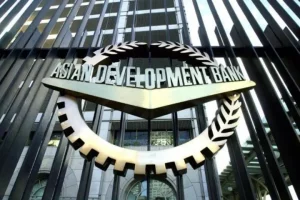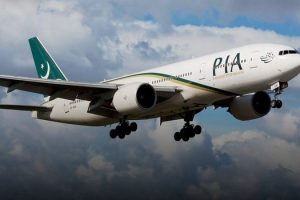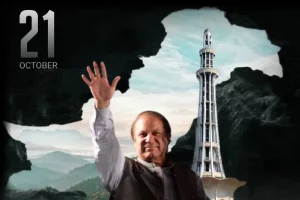Pakistan is staring at a fuel crisis driven by a massive disruption in the supply chain network. According to reports, international banks are unwilling to accept letters of credit issued by Pakistan banks as the financial crisis gets worse amid depleting foreign exchange reserves.
Analysts said that the concretisation of financial assistance from the International Monetary Fund could take some time.
“In an SOS call, Oil Companies Advisory Council (OCAC) Chairman Waqar Irshad Siddiqui revealed that the oil industry had come under financial strain, raising the spectre of breakdown in the country’s energy supply chain,” the Express Tribune said.
The government is already in discussion with the country’s central bank for resolving the issue of oil imports for June.
Meanwhile, Pakistan Prime Minister Shehbaz Sharif has finally decided to increase prices of petrol and diesel by Rs 30 per litre, as prescribed by the IMF.
Pakistan is also looking at a bailout package from Saudi Arabia.
“Government has decided to increase the prices of Petrol, High Speed Diesel, Kerosene Oil and Light Diesel Oil by Rs 30 per litre from Friday May 27, 2022. New prices will go into effect at midnight. The new price of petrol will be Rs 179.86 & diesel will be Rs 174.15 per litre, Pakistan’s Finance Minister Miftah Ismail tweeted.
Price of kerosene oil has also been raised by Rs 30, taking the price to Rs 155.56 per litre.
The IMF has been stressing the need to remove the existing subsidy on fuel and electricity. Former prime minister Imran Khan, just before exiting office, slashed prices of petrol and other commodities till the Budget Session in June. The subsidies would cost about $2.1 billion to the exchequer.




















